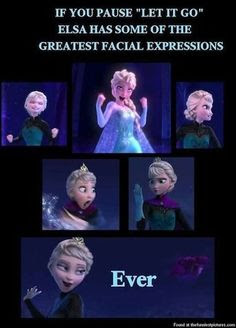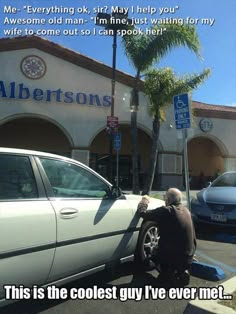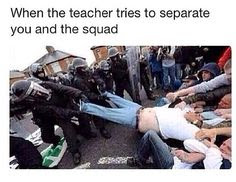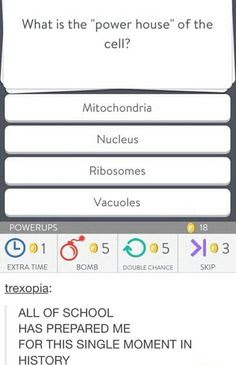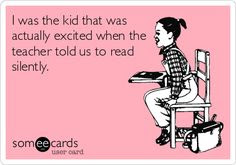 Announcements and Reminders:
Announcements and Reminders: On Wednesday -- Happy April!
- If you need to finish your District Writing Test or your Scholastic Reading Inventory Test, please go to lab 223 for Cavetime.
- For the District Test, pick up a packet from Ms. Dorsey.
- For the SRI, carefully follow the directions on the poster in the lab to log-in.
- I can now access the information for you to log into Utah Compose -- in case you'd like to write the Duct Tape Essay for the Writing Lab Contest.
- utahcompose.com
- Contest Open from March 13 - April 24.
- Entries cannot exceed 2500 words in length.
Today's Activities:
1. Individual Reading -- Your choice.By the way, your next book assignment is again your choice of genres among novels.
2. The test on word parts will be on April 2/3.
It will NOT be multiple choice.
You will NOT be able to use your study guide or your notes.
Know what each word part means.
Word Parts
|
3. Quiz B on Word Parts -- You may use your study guide today!
(If you are absent, see me to take the quiz. The test will be on April 2/3.
Examples: If bi- means _____________ and cycle means _____________,
then bicycle means _____________________.
If scope means _______________ and tele mean _______________,
then telescope means ________________________.
Play Sparkle!
4. Listening and Types of Sentences and Using Commas!
(If you are absent, you should view the PowerPoint, listen to the podcast and take notes.) Take Cornell Notes.
Part of the time you will take notes and answer questions.
Sentence Types and Commas.pptx
Podcast: (also linked from the PowerPoint) Taking Notes While Listening

More about the serial comma:


